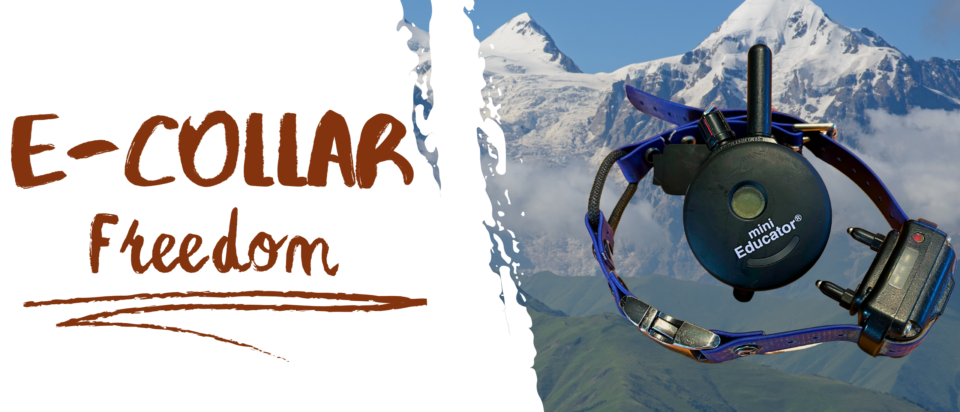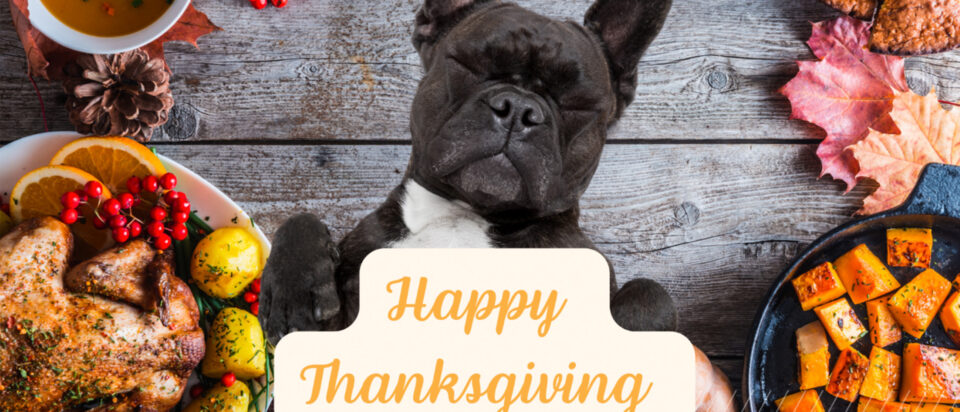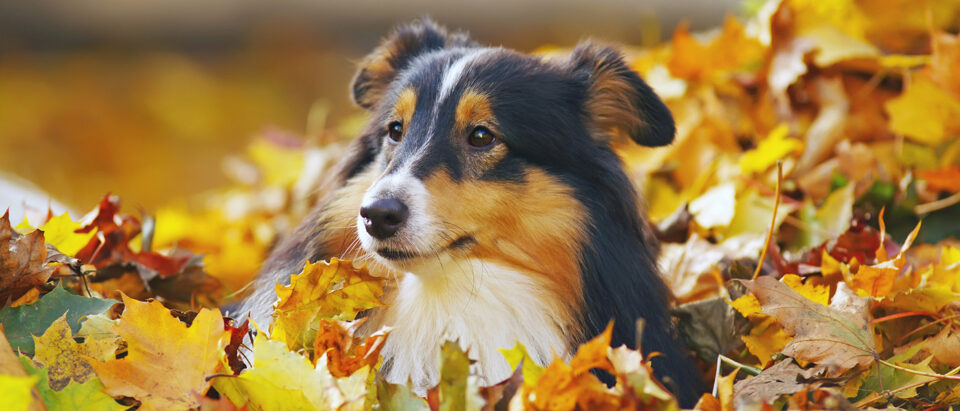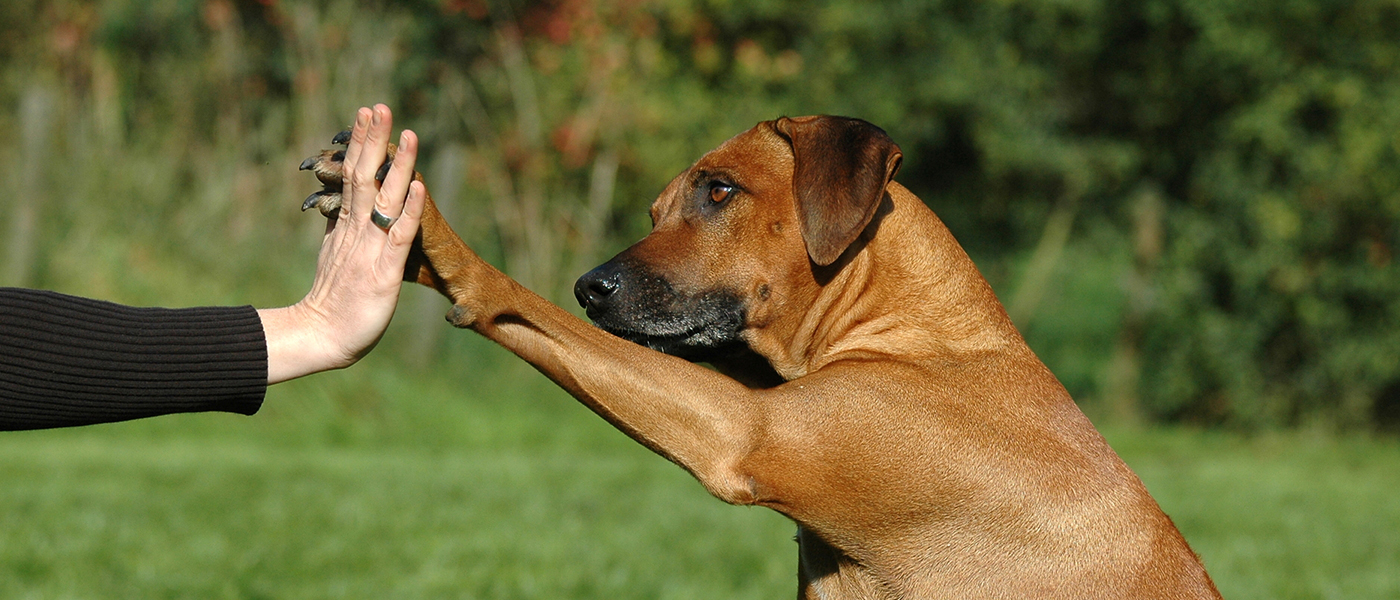
How to Properly Rehome a Dog
April 19, 2018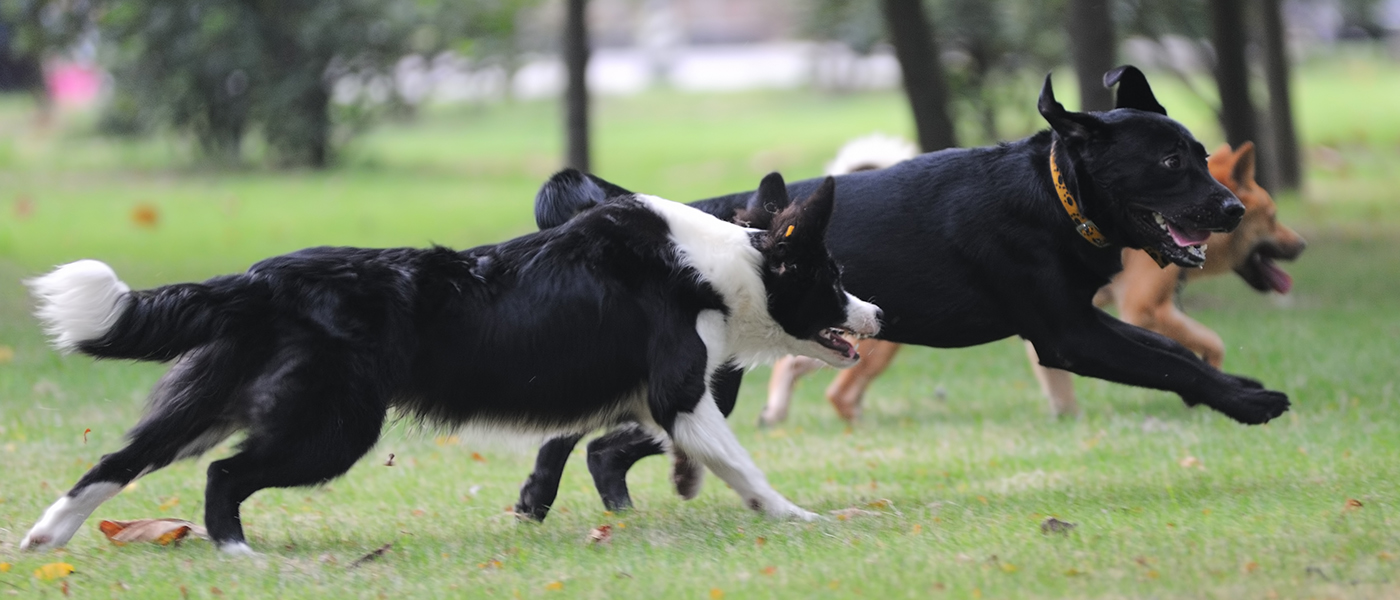
8 Rules to Ensure the Best Dog Park Experience
June 13, 2018It is very common to have an anxious house pet. Anxious dogs can be especially troubling due to the way they manifest that anxiety. You might not recognize that behaviors like, chewing up or destroying household items or furniture, are signs that your dog is anxious. Non-stop barking, groaning, and even aggression are signs of an anxious pet. Too often, these behaviors are not seen as troubling anxiety-driven behaviors, but as nuisances and behaviors that require punishment.
If you suspect anxiety is the root of your dog’s behaviors, know that punishment will not address the problem, or fix it in any way. Most of the time, dog owners wonder why they have an anxious pup if the dog was not a rescue. Usually, we assume that only rescue dogs with a troubled past can have anxiety, but it is simply not the case. Just as humans can exhibit anxiety for a number of reasons, dogs can too. Simply understanding this anxiety is the key to beginning to address it.
Here are a few common reasons for an anxious dog.
You are unknowingly rewarding him every time he is scared.
If you see that your dog is scared, you begin to hold him and give him plenty of love to make him feel safe. But in reality, the dog is loving the attention he’s getting in this moment, and he will begin to know when he acts scared, he gets his owner’s loving attention. Dogs are reward-driven, and they learn to follow patterns of cause and effect.
Your dog is reacting to your anxiety.
Dogs can be little empaths. They can feel the emotions of their humans, especially ones that they have bonded with. You might notice your dog comes to comfort you when you’re crying. Dogs are sensitive to human emotion, so if you are nervous, afraid, or panicky, your dog can pick up those emotions and be afraid too. It’s important to not judge yourself for this! Just know that if you are calm and peaceful, it is likely that your dog will feel at ease too.
There are certain breeds that are known to be anxious.
German Shepherds and Cocker Spaniels are commonly known to have separation anxiety. Poodles, Dalmatians, Great Pyrenees, Pekingese, Huskies, Bernese Mountain dogs, Bassett hounds, and some terriers are all known to have canine anxiety.
They haven’t been socialized.
As a puppy, if your dog wasn’t familiarized with other people or dogs, or loud noises like thunder and the vacuum, your dog can become anxious if new things are introduced. They can become afraid of the unknown.
Here are some ways to help your dog cope with anxiety.
Don’t reward fear.
Using phrases and attention when your dog is anxious can deepen the anxiety or cause him to continue the pattern.
Remain calm and assertive.
Your dog looks up to you! Remain calm during times when you know your dog might get anxious. For example, while walking in the park, another dog comes to greet yours. Instead of being nervous about your dog’s interaction, remain calm, and give your dog commands. If you are nervous, your dog might get nervous too.
Socialize your dog.
If your dog is a puppy, then begin to socialize him to make him familiar with the world. Show the dog that loud noises aren’t scary, and other humans are nice too. Older dogs can be socialized too.
Reward good behavior.
When socializing your dog to new situations, give treats for non-anxious behaviors. If you see your dog tense up in fear, remain calm, and withhold the treats until he is calm again.
Maintain a calm environment.
Play soothing music and have a comfortable place for your dog to be. Keep a routine for your anxious dog. Routines show your dog what he can expect. Every morning he can expect to go outside and play. At night, he expects getting fed or walked at the same time. Knowing what to expect every day can ease a dog’s anxiety. Exercise is a way for your dog to release pent-up energy daily. A sense of security in a calm environment is great for canine anxiety. Give your good boy lots of love and affection when he is calm and peaceful.
If you’re struggling with an anxious pup in your home, get in touch. We’re here to help.
Your dogs are our passion.


